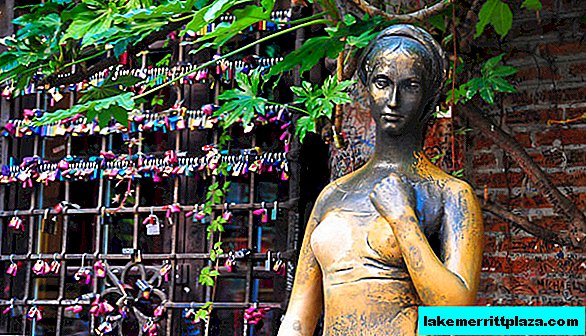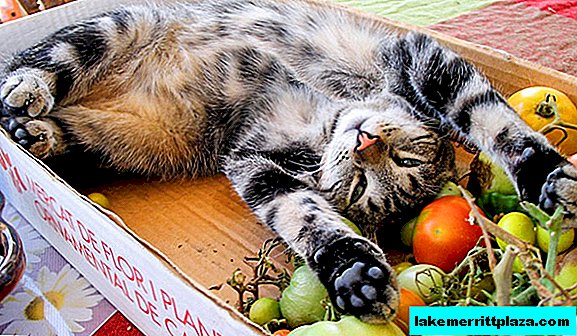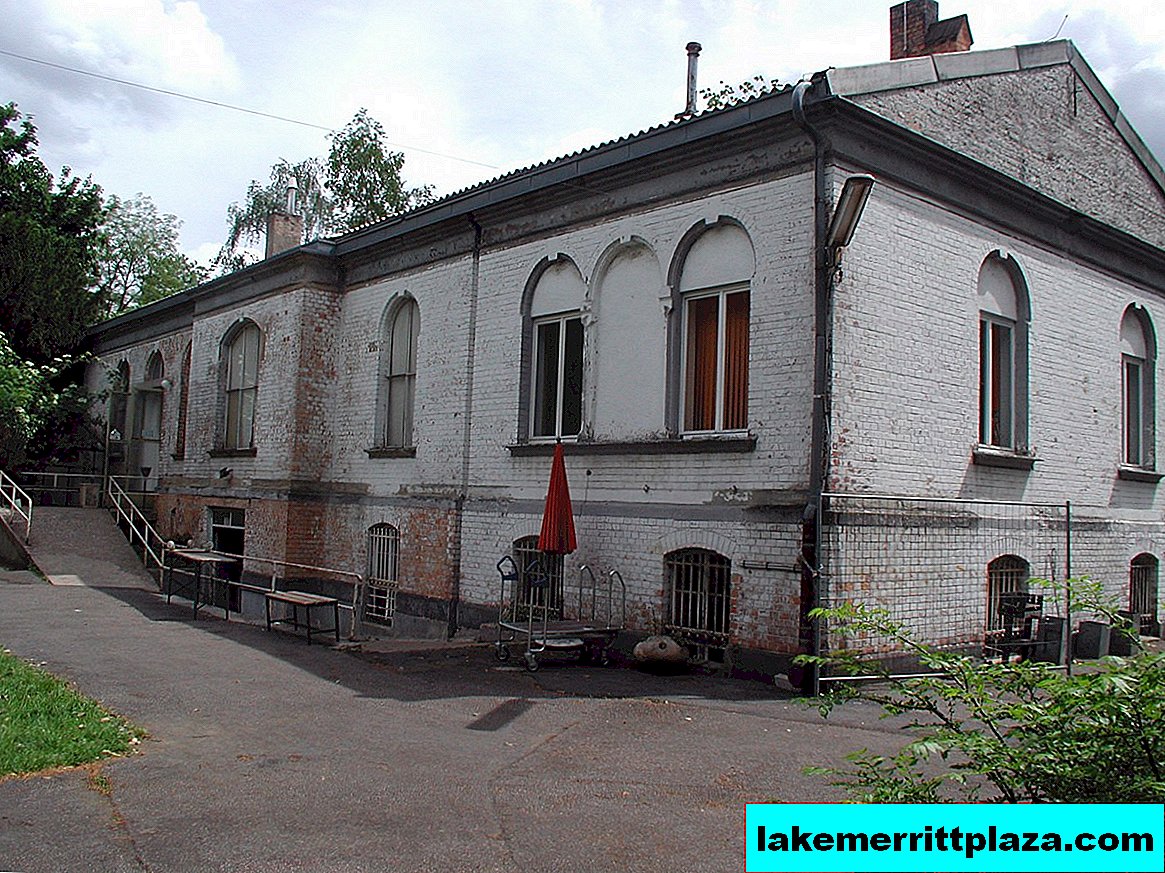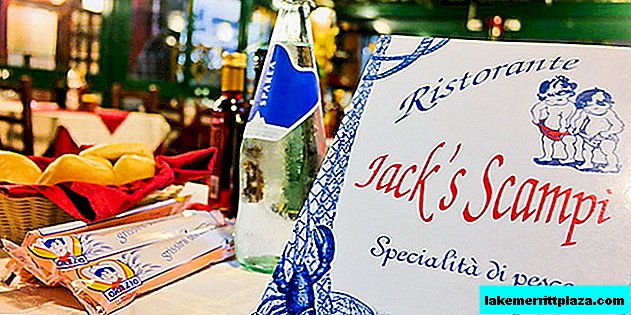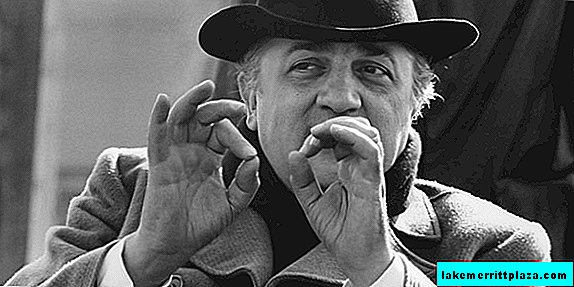If you ask Italians what their favorite holiday is, you will notice that the vast majority of the inhabitants of this sunny country will call you Christmas (Natale) or New Year (Capodanno). And in fact: Italians always look forward to the December and January holidays, carefully preparing for them many weeks before their onset.
Like any other people, Italians have a number of special New Year traditions and rituals, which they try to carefully observe in order to “catch” luck for the whole next year.
Fireworks

In Italy, on New Year's Eve, no one can fall asleep: festive fireworks blaze in the sky until the morning, like crackers. What makes this tradition interesting?
Italians launch fireworks and firecrackers not only in celebration of the New Year: they strongly believe that loud noise scares away evil spirits that may appear in the coming year.
January First

In Italy, there is an opinion that the coming year will pass in the same way as the first of January. Therefore, after the New Year's Eve, the Italian will never borrow or lend money or work.
Red linen

Residents of sunny Italy believe that red should certainly bring good luck. Therefore, they are happy to dress up in red for the New Year's table. It can be either a suit, dress or trousers, or underwear that simply dazzles shop windows.
Coins and candles
Italians are simply obsessed with luring luck on New Year's Eve. And they are ready for anything, if only not to blink it. To do this, they, as already mentioned, are dressed in red, and also put coins or candles on the windowsill - harbingers of wealth.
"New water"
In some regions of Italy, it is customary to bring “new water” from a spring to the house on January 1. Italians believe that water brought before sunset will bring happiness in the new year.
First oncoming

> Another wonderful belief associated with the New Year is that it is of great importance who you meet on the street first in the coming year. You are out of luck if it is a priest or a child. But if your grandfather crosses the road, you will be provided with happiness and prosperity until December 31 of the year that has just arrived.
12 grapes
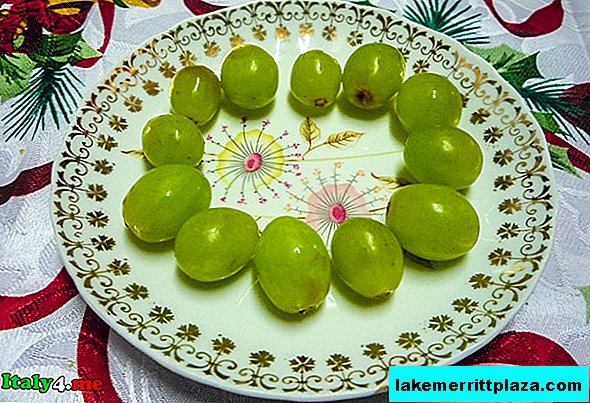
To the chiming clock, we write a wish on paper, burn it, and add ash to champagne and drink it. However, the inhabitants of Italy came up with a much simpler, but still a bit strange tradition, connected precisely with the last minute of the outgoing year. They lay 12 grapes, eating one with each beat of the clock. It is believed that the one who ate the last berry in the first second of the coming year will be accompanied by ... of course, luck.
Wine

Among residents of the post-Soviet space, New Year is associated with its unchanging attributes: olivier, tangerines and, of course, champagne. However, in Italy this alcoholic drink is not popular on New Year's Eve. Moreover, drinking French champagne is a bad manners. Italians prefer to count off the chimes with a glass of wine produced in their home country.
Befana
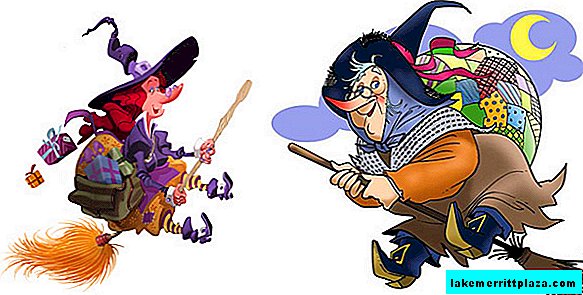
Italian kids do not receive gifts on New Year's Eve. No, this does not mean that their parents are mean people. The thing is that gifts under the Christmas tree are laid by the good Fairy Befana, and she does it only on January 6. Italian kids are looking forward to the fairy-tale heroine, hanging socks from the fireplace, and in the morning they are in a hurry to unwrap gifts. However, not all children will receive them: for those who behaved badly in the past year, the fairy put a piece of coal in her sock.
Throwing away furniture
The good old Italian tradition of throwing out unnecessary things in the last minutes of the year is not fiction. Getting rid of unnecessary trash, the inhabitants of Italy get rid of the negative energy that has accumulated over the past year. Therefore, walking along the Italian streets on New Year's Eve is a very risky occupation: torn trousers or a rare TV can fall on you.
The Italians still have many interesting and funny traditions: Christian and pagan, their own and borrowed. Therefore, to celebrate the New Year in Italy is a great opportunity not only to celebrate this holiday with dignity, but also to get to know the country and its eccentric inhabitants closer.

